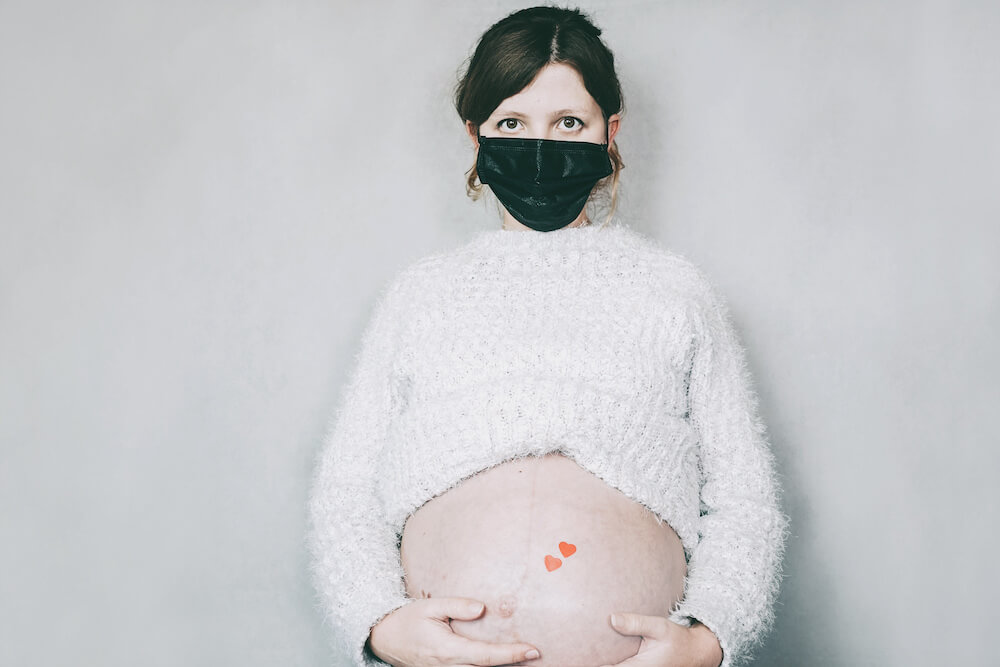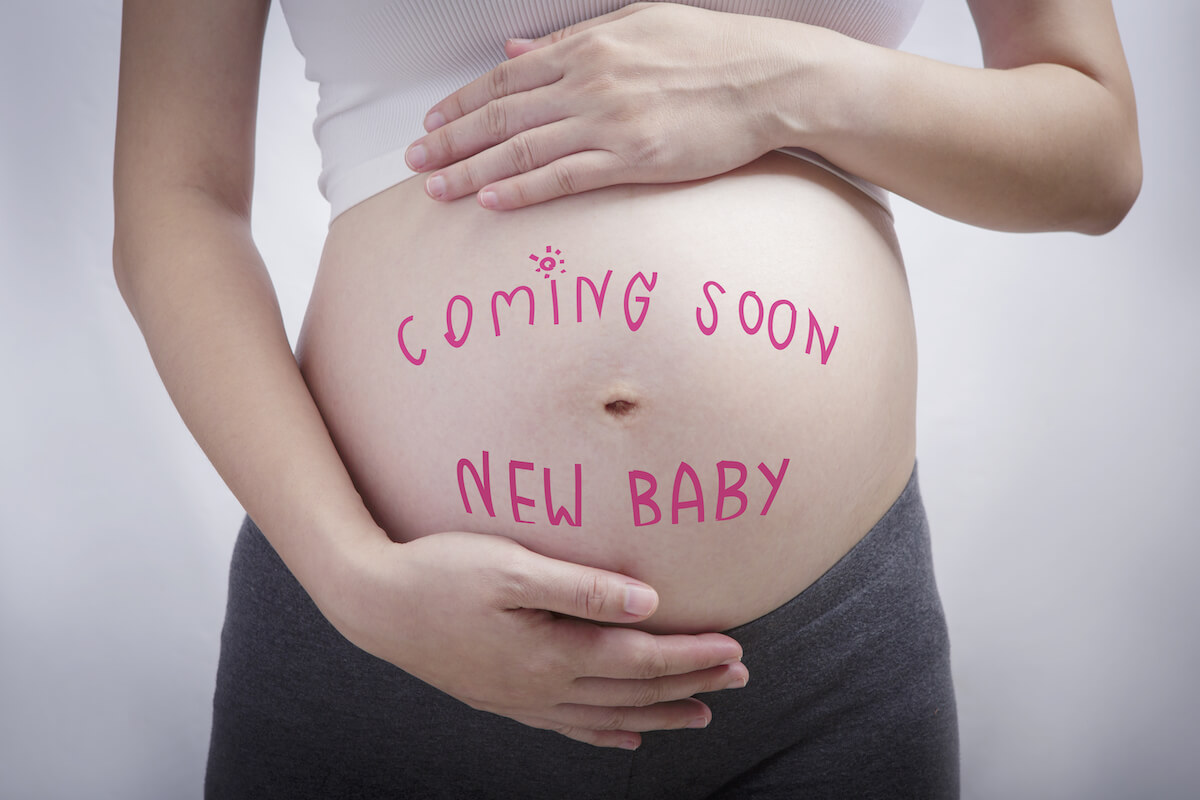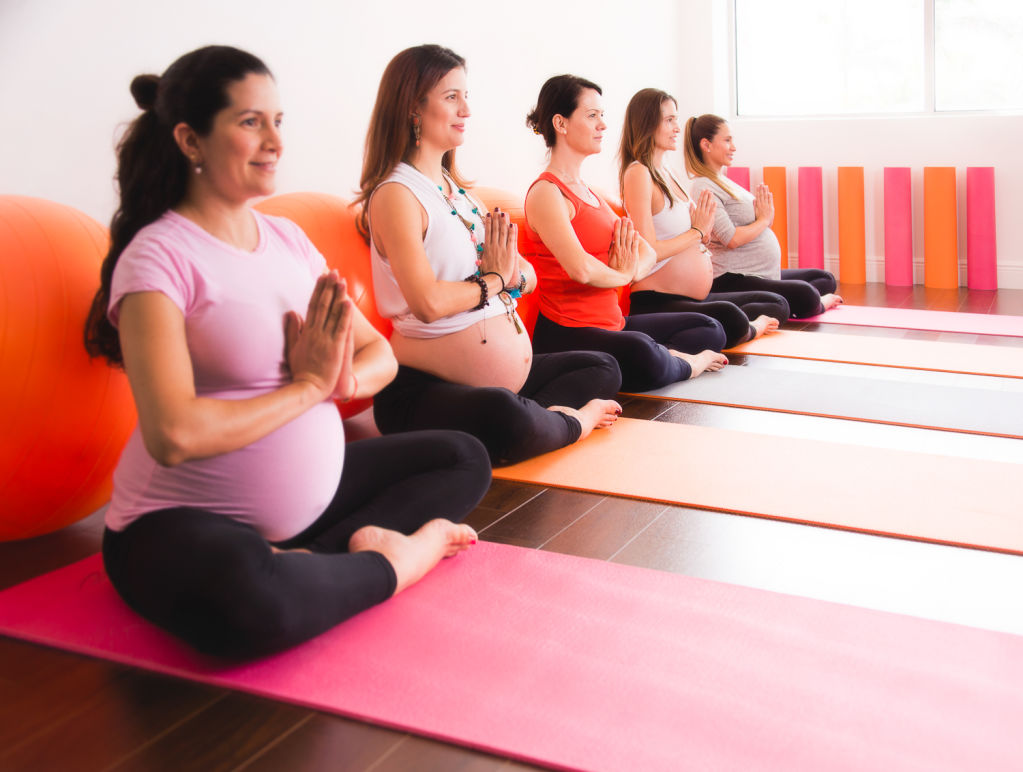by BodyBellyBaby
Share
by BodyBellyBaby
Share

The COVID-19 outbreak is an evolving global situation. We know a lot about the virus, but there is a lot we do not know. The uncertainties cause concern, fear and anxiety for our community. We know so far how COVID-19 may impact pregnancy, birth, breastfeeding and of course postpartum.
Health officials and authorities do not have enough data about COVID-19 and how it affects expecting and breastfeeding women to offer specific guidance and recommendations. While there is no available evidence- based information or data about COVID-19’s impact on pregnancy and breastfeeding, we share the following information with you.
Pregnancy & Coronavirus
The Centers for Disease Control (CDC) states that :
“Pregnant women experience immunologic and physiologic changes which might make them more susceptible to viral respiratory infections, including COVID-19. Pregnant women also might be at risk for severe illness, morbidity, or mortality compared to the general population as observed in cases of other related coronavirus infections [including severe acute respiratory syndrome coronavirus (SARS-CoV) and Middle East respiratory syndrome coronavirus (MERS-CoV)] and other viral respiratory infections, such as influenza, during pregnancy.
Pregnancy loss, including miscarriage and stillbirth, has been observed in cases of infection with other related coronaviruses [SARS-CoV and MERS-CoV] during pregnancy. High fevers during the first trimester of pregnancy can increase the risk of certain birth defects.
Whether a pregnant woman with COVID-19 can transmit the virus that causes COVID-19 to her fetus or neonate by other routes of vertical transmission (before, during, or after delivery) is still unknown. However, in limited recent case series of infants born to mothers with COVID-19 published in the peer-reviewed literature, none of the infants have tested positive for the virus that causes COVID-19. Additionally, virus was not detected in samples of amniotic fluid or breastmilk.”
Infant Health & Coronavirus
The Centers for Disease Control (CDC) states that :
“Based on limited case reports, adverse infant outcomes (e.g., preterm birth) have been reported among infants born to mothers positive for COVID-19 during pregnancy. However, it is not clear that these outcomes were related to maternal infection, and at this time the risk of adverse infant outcomes is not known. Given the limited data available related to COVID-19 during pregnancy, knowledge of adverse outcomes from other respiratory viral infections may provide some information.
At this time, there is no information on long-term health effects on infants either with COVID-19, or those exposed to the virus that causes COVID-19 in utero. In general, prematurity and low birth weight are associated with adverse long-term health effects.”
Breastfeeding & Coronavirus
The Centers for Disease Control (CDC) informs that :
“In limited studies on women with COVID-19 and another coronavirus infection, Severe Acute Respiratory Syndrome (SARS-CoV), the virus has not been detected in breast milk; however we do not know whether mothers with COVID-19 can transmit the virus via breast milk.
A mother with confirmed COVID-19 or who is a symptomatic PUI should take all possible precautions to avoid spreading the virus to her infant, including washing her hands before touching the infant and wearing a face mask, if possible, while feeding at the breast. If expressing breast milk with a manual or electric breast pump, the mother should wash her hands before touching any pump or bottle parts and follow recommendations for proper pump cleaning after each use. If possible, consider having someone who is well feed the expressed breast milk to the infant.”
How to Reduce Your Risk of Contracting COVID-19 / Coronavirus
The Centers for Disease Control (CDC) states that:
You can help stop COVID-19 by knowing the signs and symptoms:
- Fever
- Cough
- Shortness of breath
- Seek medical advice if you
- Develop symptoms – AND
- Have been in close contact with a person known to have COVID-19 or live in or have recently traveled from an area with ongoing spread of COVID-19. Call ahead before you go to a doctor’s office or emergency room. Tell them about your recent travel and your symptoms.
There are simple things you can do to help keep yourself and others healthy.
- Wash your hands often with soap and water for at least 20 seconds, especially after blowing your nose, coughing, or sneezing; going to the bathroom; and before eating or preparing food.
- Avoid touching your eyes, nose, and mouth with unwashed hands.
- Stay home when you are sick.
- Cover your cough or sneeze with a tissue, then throw the tissue in the trash.
Additionally, the National Perinatal Association recommends staying away from sick people by avoiding crowds.
As information evolves, it’s important to seek updated guidelines and recommendations. Check back frequently at both the CDC website as well as the National Perinatal Association website, which hosts a current COVID-19 resource list from several organizations related to pregnancy, breastfeeding, and infant health.
Stay Well.
Sources include CDC and Lamaze International.
STAY IN THE LOOP
Subscribe to our free newsletter.
C-Section rate is on the rise: Navigating Your Birth Choices C-Section Rate has seen a significant uptick in recent years, in the United States, and Miami in particular. This C-section trend is not just a matter of medical necessity but often involves a complex interplay of healthcare practices, personal choices, and, unfortunately, systemic pressures. For
We often ask pregnant women when their due date is. What is the due date ? Definitition of the estimated due date also know as EDD The estimated due date (EDD) is a significant milestone in pregnancy, as it marks the expected date when a pregnant woman is likely to give birth to her baby.
Physical activity health benefits are making a huge difference for pregnant women and babies during pregnancy. To exercise during pregnancy is a healthy decision that every pregnant woman needs to make as soon as released by their healthcare provider. Physical activity during pregnancy can offer numerous benefits for both the mother and the baby. The



